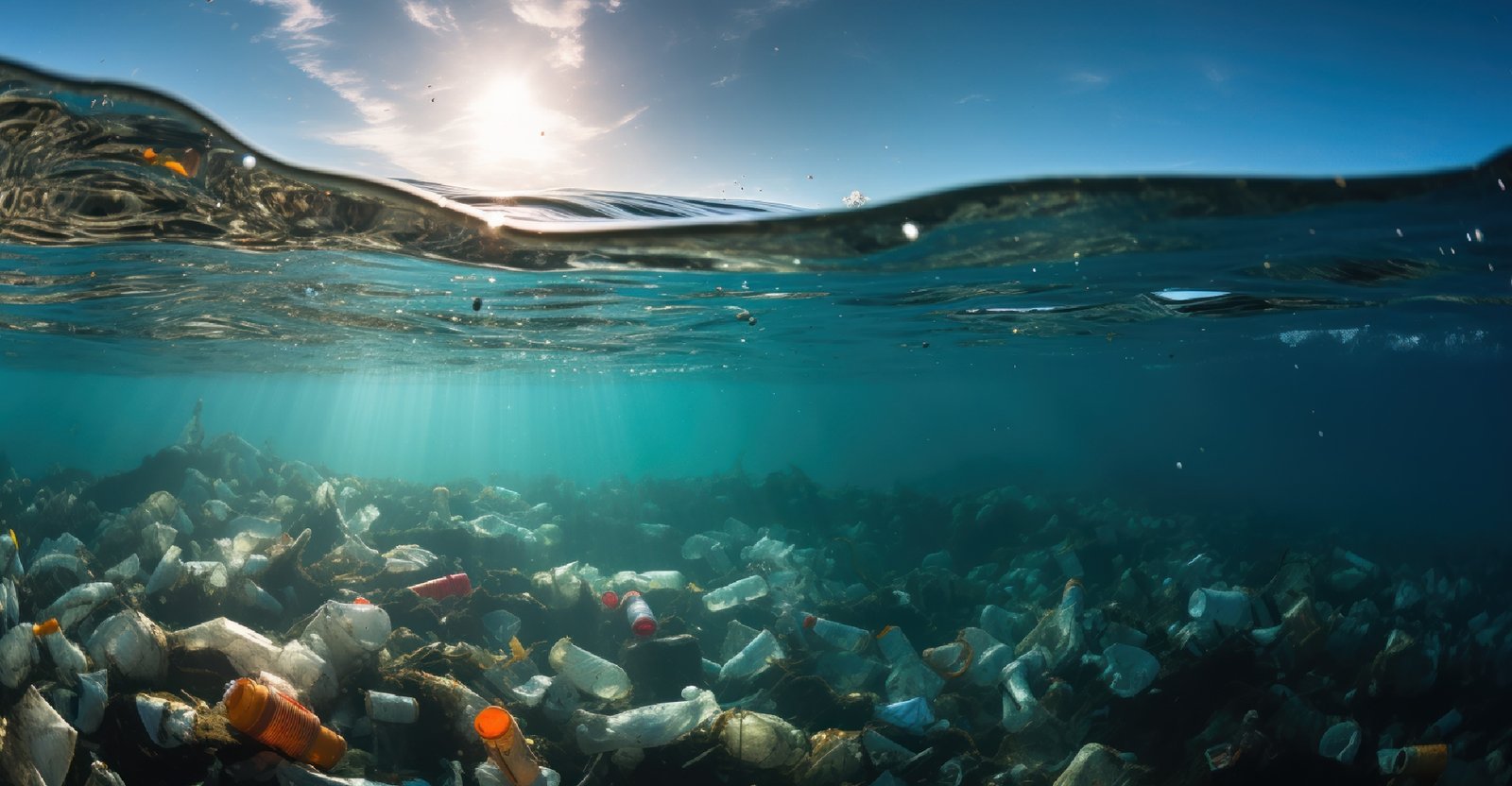Overview
In an era where environmental sustainability is paramount, the plastic industry is shifting towards greener practices. This transformation is driven by the need to address the plastic waste crisis and reduce the ecological footprint of plastic production and consumption. Central to this movement is adopting innovative recycling techniques and developing biodegradable and recycled plastics.
Plastics are ubiquitous daily, from packaging and consumer products to automotive parts and medical devices. However, the traditional life cycle of plastic, primarily based on single-use applications, poses significant environmental challenges. The shift towards sustainable plastics aims to tackle these challenges head-on by reducing reliance on fossil fuels for plastic production, minimizing plastic waste, and promoting a circular economy.
Advanced recycling technologies are at the forefront of this transformation. These technologies enable the efficient processing of plastic waste, converting it into high-quality recycled plastic that can be used in various applications. Innovations in biodegradable plastics also offer promising solutions, providing materials that can break down naturally without harming the environment.
The plastic industry's move towards sustainability is environmentally critical and opens new market opportunities. As consumer awareness and demand for sustainable products rise, companies increasingly incorporate recycled and biodegradable plastics. This shift reduces environmental impact and helps companies meet regulatory requirements and consumer expectations, positioning them as leaders in the drive towards a more sustainable future.
Technology
The technology driving the plastic industry's sustainable transformation is diverse and innovative, addressing the various challenges associated with plastic production and recycling. A critical technological advancement is recycling, where new processes are being developed to handle a broader range of plastic types more efficiently.
One such technology is advanced mechanical recycling, which has significantly improved the quality of recycled plastics. These processes involve sophisticated sorting and cleaning techniques, ensuring the recycled material is free from contaminants and suitable for high-quality applications. Chemical recycling is another groundbreaking technology, enabling the conversion of plastic waste back into its original monomers. This process allows for the recycling of previously considered non-recyclable plastics, thus expanding the scope of recyclable materials.
.jpg)
Bioplastics technology is also making strides, with research focused on developing plastics from renewable resources like plant starches, cellulose, and algae. These bioplastics reduce dependency on fossil fuels and offer better end-of-life options, such as compostability or biodegradability. Innovations in this field are leading to plastics that have similar properties to conventional plastics but with a significantly reduced environmental impact.
Additionally, advancements in additive manufacturing or 3D printing enable using recycled and biodegradable plastics in more complex and high-value applications. This technology allows for greater design flexibility and material efficiency, further promoting the sustainable use of plastics.
Overall, the technological evolution in the plastic industry is pivotal in achieving environmental sustainability. By advancing recycling technologies and developing new materials, the industry sets a new standard for responsible production and consumption, leading towards a more sustainable and circular future.
FAQs
Recycling plastic is crucial for reducing environmental pollution, conserving natural resources, and minimizing the reliance on landfilling. It helps lower greenhouse gas emissions and saves energy compared to producing new plastic from raw materials. Recycling also supports a circular economy, where plastic is reused and repurposed rather than discarded.
Most common plastics, such as PET (polyethene terephthalate), HDPE (high-density polyethene), and PVC (polyvinyl chloride), can be recycled. Recyclability depends on the type of plastic, its condition, and local recycling capabilities. Certain plastics, like bioplastics, are designed to be biodegradable and compostable.
Plastic recycling reduces the need for new plastic production, conserving oil and gas resources. It decreases pollution, limits waste in landfills, and reduces the carbon footprint associated with plastic manufacturing. By repurposing plastic waste, recycling also supports a sustainable, circular economy.
The plastic recycling process typically involves collecting and sorting plastics, cleaning them to remove impurities, shredding them into smaller pieces, and then melting them down. The melted plastic is then formed into pellets, which can be used to manufacture new plastic products.
Yes, if they are processed correctly, recycled plastics can be safe for food packaging. They must undergo stringent purification processes to remove contaminants and ensure compliance with food safety regulations.
Not all plastic products are recyclable. Factors like the type of plastic, presence of contaminants, and local recycling capabilities affect recyclability. Products made of a single kind of plastic are more likely to be recyclable than those made of mixed materials.
Non-recyclable plastics often end up in landfills or are incinerated. However, efforts are underway to develop technologies that recycle previously non-recyclable plastics or use them in energy recovery processes.
Recycling plastics saves energy by reducing the need to extract, transport, and process raw materials, which are energy-intensive steps in new plastic production. It's estimated that recycling plastics can save up to two-thirds of the energy required for virgin plastic production.
Consumers are critical in the plastic recycling chain. Consumers ensure that plastics are recycled efficiently by adequately segregating and disposing of plastic waste and participating in local recycling programs. Choosing products made from recycled plastic also drives demand for recycled materials.
Plastic recycling can be cost-effective as it often requires less energy and resources than producing new plastics. The economic benefits also extend to the reduced need for waste management and the potential revenue from selling recycled materials.
